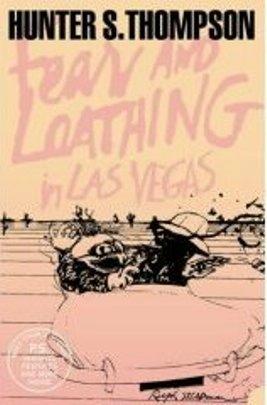 Check out this fascinating research into what happens to people when they read.
Check out this fascinating research into what happens to people when they read.
Psychologists have discovered that while reading a book or story, people are prone to subconsciously adopt their behavior, thoughts, beliefs and internal responses to that of fictional characters as if they were their own.
Experts have dubbed this subconscious phenomenon ‘experience-taking,’ where people actually change their own behaviors and thoughts to match those of a fictional character that they can identify with.
This results of this study weren’t overly surprising to me since the incredibly trippy experience I had reading On The Road as a young woman. I remember riding the bus to class in the morning, reading, and feeling quite convincingly stoned for the rest of the day, all from Kerouac’s words. Equally unsurprisingly, soon I was seeking out books like Fear and Loathing in Las Vegas for yet another cheap high.
However, the really interesting part of this for authors, is that there are trick we can use to help our readers dive into our books more completely. Apparently, by revealing character aspects later in the story, you can get more readers to identify with that character, regardless of how little they may have in common.
In an experiment consisting of 70 heterosexual males, who were asked to read a story about a homosexual undergraduate student revealed extraordinarily different results depending on when in the narrative the character’s sexuality was exposed.
Participants who had found out about the protagonist being gay later in the narrative reported significantly more favorable attitudes toward homosexuals after reading the story than participants who read that the protagonist was gay early on or read that the protagonist was heterosexual.
Identifying with your characters is, of course, a great way to develop fans of your work. More importantly, to my mind, it is a way to let people experience a new world, a new life, a new way of being. Which is, I’d argue, the point of fiction.

This is AWESOME.
Thank you for posting it.
I think I enjoyed Fear and Loathing in Las Vegas largely because it let me experience being someone very different from who I felt I had to be (this was all many years ago). I had been indoctrinated that I had to be extremely careful of my own safety and health, and the “hero” of that book was the opposite. I guess it is fortunate that I didn’t take too much of that irresponsibility with me when I left the book and came back to the so-called real world.
@Paul, I agree that the greatest job fiction accomplishes is allowing people to try on new lives. It gives me a hint of an experience that can be so different from my usual life, plus helps me be more empathetic to other real human beings. At least, I hope so.